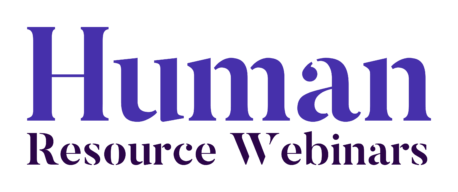In a recent webinar with Orgnostic People Analytics software, Luka Babic goes through a few challenges, data points on the importance of HR data by McKinsey, and the entire employee life cycle and his team's model for it. He then goes on to provide his insights when we asked him about employee experience transformation.
Employee retention challenges in a distributed world
- Voluntary turnover costs $630 billion
- 97% of people have actively considered switching jobs in 2022
- 65% of employees believe they can find a better position elsewhere
- 63% of employee take sick days due to burnout
- 51% of employees said they would heavily consider leaving their current organization for one that offers greater support with burnout and stress
The role of HR data in a distributed world
In a distributed world, HR data can help to
- increase efficiency in recruitment by 80%
- increase business productivity by 25%
- decrease employee turnover rates by 50%
Boosting remote employee experience is possible with people analytics! So, what is the importance of people analytics for remote and hybrid HR teams?
- Extended use of HR technology = More data
- Proximity bias (out of sight, out of mind syndrome) = High anxiety
- Transaction nature of work = Increased disengagement
- Front-line management pressure = Turnover reactions
- Lack of private-life boundaries = Mental health risk
Organizations need to build, measure, and learn to succeed. The lean startup model has good learnings around this for further reading.
Capturing the full employee life cycle

Orgnostic's employee life cycle model

Question: Data is the infrastructure of employee experience. So, how does accessible people analytics work towards employee experience transformation? I see it similar to customer experience transformation, requiring cultural change.
Answer (edited): I completely agree actually the point that it is very similar to customer experience. Employee experience transformation does require a cultural change, or at least the culture underlying or the baseline that exists and this is something that was very mind-boggling to me generally in most of the companies. When you think about all the other functions in the organization from the very onset of a startup or company, sales is going to be data-driven. Marketing is going to be data-driven. Product is going to be data-driven. Engineering is going to be data-driven. So, they're all usually data-driven, and companies that have all these components at the top management level, that are benefits to that.
You have all the ingredients to make the soup; quite often HR just doesn't "cross the chasm" — and HR remains the only sort of feeling-driven function — and that isn't ideal because it is not being factored properly by the rest of the executive leadership team and to an extent the result of talent as well. And I think that that's the kind of a chasm — HR leadership needs to adopt this kind of mindset, that we need to build a data-driven function... because management is usually appreciating that kind of approach.
It's just about being being as mindful about what are the things that you should measure (HR metrics) and actually having a framework in mind (like OKRs) so that when you're coming in to share HR insights with management, it make sense, and it's not just a bunch of random numbers, or HR dashboards that you're that you're pushing around, which will not benefit your data-driven agenda.
But it's a great point. I think it's a great point that is very similar to the customer experience transformation and and that kind of mindset shift among the organization, specifically HR management in this case.
Luka Babic is the co-founder and CEO of the Orgnostic people analytics platform. Prior to founding Orgnostic, Luka was the Head of People Ops/CHRO and member of the Board at the tech unicorn Infobip. Before that, Luka worked as a researcher at Harvard, and he combines his industry knowledge and his deep connection with the academic community to tackle the challenge of making HR a truly data-driven, strategic function.
Image source & credits: Luka Babic / Orgnostic
Don't have your HR data operationalized as your infrastructure of employee experience yet?
Consider exploring top people analytics software like Orgnostic as your source of truth for HR data—which is a prerequisite for employee experience transformation.

